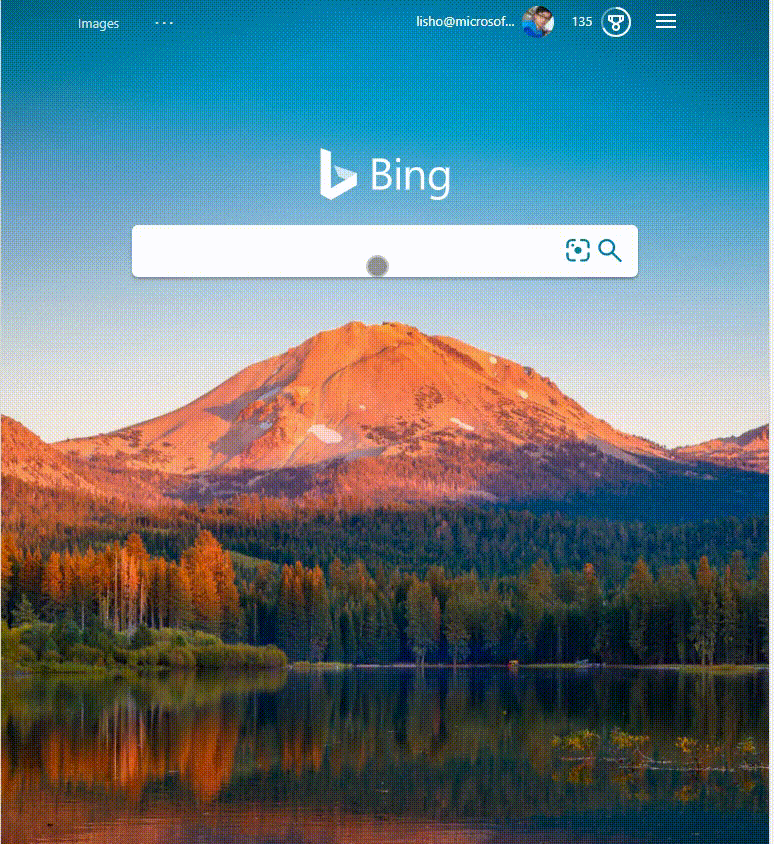Microsoft’s Bing search engine now wants to provide searchers with the most concise and precise answers from web documents. This way, Bing hopes to save users time and effort when searching for the right set of answers.

Bing has been answering English-language questions for quite some time now. Additionally, Bing’s question-answer feature supports dozens of other languages including French and German.
Bing expands intelligent question-answering
Well, there are hundreds of languages that still don’t support Bing’s “intelligent question-answering.” Describing the situation, folks at Microsoft Bing had this to say:
“Intelligent question-answering is one of the most useful and delightful features of search.”
According to Microsoft, intelligent question-answering means you ask a question and can get the answer directly at the top of the page, without manually searching for relevant content by yourself.
For example, if you enter the query “what are the benefits of eating apricots,” Bing will provide you info about the health and nutrition benefits of apricots at the top of the search results page.
Apart from a handful of languages such as English, French, and German, there are so many other languages that lack the rich enough web content to help searchers find good, relevant answers.

Now, Bing wants to provide users of those spoken languages with a similar time-saving experience.
As a result, Microsoft has started making artificial intelligence (AI) more accessible and inclusive by expanding Bing’s intelligent question-answering feature to more than 100 languages.
“What is amazing is this is achieved by using a language agnostic approach. In other words, the AI model generating the intelligent question-answering in Urdu is the same one generating the intelligent question-answering in Romanian,” Microsoft added.
Microsoft has offered some examples of this experience in various languages. Check out this blog post for more information.
In related news, Bing continues to improve overall search result quality using artificial intelligence (AI). Microsoft has been trying to bring diversity to Bing search results, courtesy of the Turing Natural Language Generation (T-NLG) and Turing Natural Language Representation (T-NLR) models.
Leave a Reply